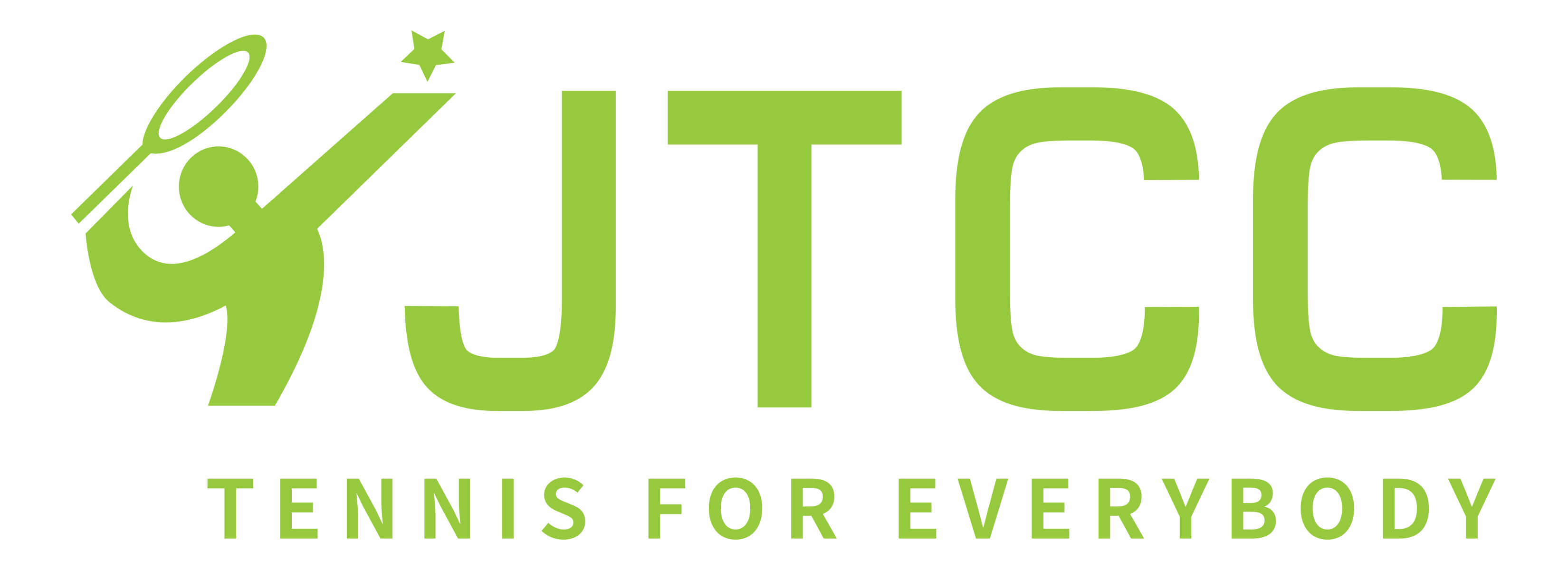If you want to be great at a sport – or great at anything, really – you must be willing to put the time into it. A lot of time. The consensus is that it takes ten years and 10,000 hours of deliberate practice to become an expert. And deliberate practice requires more than just showing up. Indeed, some people “practice” for years and barely get better, while others improve by leaps and bounds. It’s not just about showing up, but also how you show up. In this column, we cover five guidelines for getting the most out of your practice time.
1) Use a Pre-Practice Routine: A great practice session requires a certain attitude, and that means taking steps to get your mind in the right place. If you’re having a bad day, or a stressful one, and you bring that energy into practice with you, it’s likely to be a rough session. Same goes if you’ve been lazing around all day. That’s not a problem, so long as you’re ready to go when practice begins. That’s where a pre-practice routine comes in. It allows you to go about your day freely and also to be mentally prepared when it matters. I advise athletes to decide when their practice-mode starts and to take steps to get there. For example, if practice officially begins at 3pm, you might start getting into practice mode at 2:45. A convenient routine could be changing into a practice mindset as you change your shoes at the tennis center. Or you might prefer to start that process when you’re traveling there. It doesn’t matter exactly what your pre-practice routine is, so long as you have one and follow it.
2) Focus on Getting Better: A defining feature of deliberate practice is doing the activity with the specific intent to improve. Perhaps that sounds obvious. Why else would you practice? Well, many people practice just to check it off their list, or to feel like they’ve done something, or because someone is making them go. Others spend a lot of time and energy complaining, or wondering whether they’re as good as someone else, or getting mad at themselves for making mistakes. All of these are distractions. If you want to get better, it’s actually a good thing to mess up in practice, because that’s the time to fix your mistakes and improve on your weaknesses. It’s why you’re there in the first place.
3) Set Goals for Practice: The most surefire way to improve with each practice is to set specific goals every time. This is another thing that separates deliberate practice from merely showing up. If I ask you what you’re working on today, you ought to have an answer. If not, you won’t fully benefit from the time you’re putting in. Ideally, you’ll set goals to target your weaknesses, whatever they may be. That’s where your greatest gains can be made. And if you need help setting practice goals, ask a coach, which brings us to our next tip.
4) Communicate: Another feature of deliberate practice is receiving timely and accurate feedback. Sometimes you receive that feedback when the ball lands in or out, but much of the time you need someone else (usually a coach) to let you know how you’re doing. The best communicators actively seek out feedback, rather than passively waiting to be told, so ask questions and make use of your coaches’ expertise. Another aspect of communication is good listening. This includes being receptive to criticism, which is easier to do when you perceive it as corrective feedback to help you improve, rather than as a personal attack. Good listening also means asking clarifying questions if you don’t understand what a coach or trainer is trying to tell you. Rather than just nodding your head, ask them to explain or to demonstrate. There are many people around you who want to help you improve, and the better you are at communicating with them, the more you’ll benefit from their help.
5) Use a Post-Practice Routine: Our final tip is to use a method to transition out of practice. Just as a pre-practice routine can get you into an improvement-oriented mindset, a post-practice routine helps you lock-in the gains that you’ve made. This means taking a few moments to reflect on what you’ve learned and your progress towards your goals, as well as what you still need to improve. This is also a good time to set goals for your next practice. Ideally, you’ll write these things down in a practice journal. Being a reflective learner speeds your progress, and making time to reflect and to plan at the end of practice keeps you on the path of continuous improvement.
David Sacks is the owner of Nashville Performance and Psychology with more than two decades of experience in mental health and performance fields, Sacks has worked with athletes from youth to professional levels, including NCAA champions and Grand Slam competitors. He is currently a consultant for JTCC High Performance athletes.



